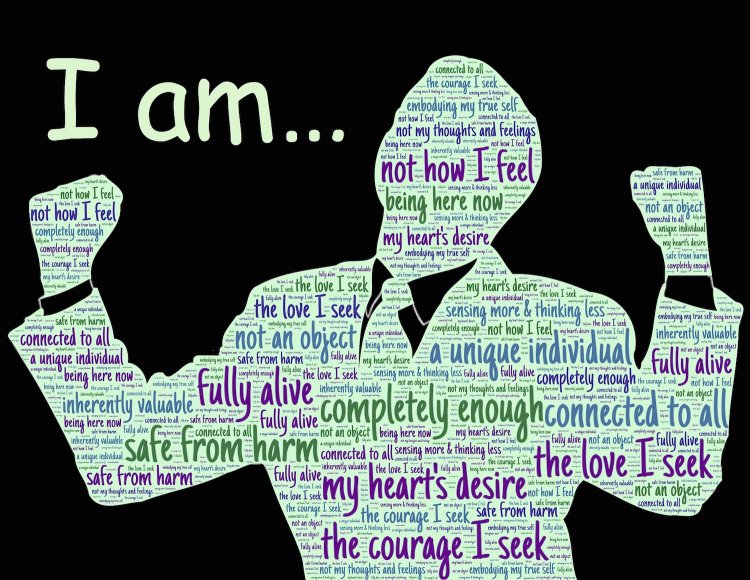Leadership is Self Leadership
Luke lorio

By D. Luke Iorio, PCC, CPC, ELI-MP, President & CEO at iPEC
The majority of leadership articles focus on what you can do to better lead, impact, and influence others. However, leading others isn’t possible unless you’re, first, leading yourself.
Those around you follow your lead, right? At least that’s the intention.
You want your colleagues to be more proactive, to understand how they ‘re impacting others, to speak up, to take ownership over and responsibility for what’s going on, to be open to discussing the tough topics, and a whole host of other tangible and mostly intangible qualities.
What are the qualities you’re seeking in your colleagues and your team? How well are you really exhibiting these qualities now? How would others rate you on these qualities?
Leadership starts with you - how you view your situation(s), how you show up, and how you interact with others. Your behavior (what people can see) is a direct reflection of what you think.
Your actions and behaviors are a direct result of whatever emotions you’re feeling. Those emotions shape how you behave and what people feel on the receiving end of your actions and communications. Your thoughts are a collection of experiences, over the course of your personal and professional life, and those accumulated thoughts create a filter through which you see your circumstances as well as other people. What this boils down to is…how we lead others is a direct result of our belief system.
So, for example, if we’re going to provide performance feedback, our associations of the challenge or reward of those conversations heavily shape the way we show up. If you want a better result from those conversations, don’t place your focus on what the other person should do different (you can’t really control that). Instead ask yourself, “How did I show up?” Consider what you may have contributed to the outcome. Your half of the equation is what you always have control over (if you’re conscious to it).
Let’s examine a few key areas that’ll help you lead yourself first, and in turn, make you even more effective in leading others.
- Check Your Interpretations – how might your previous experiences with similar situations be effecting what you’re seeing in front of you now? Interpretations or perceptions are just one angle, just one vantage point. There are many other ways to view any situation. How is your view helping you? Or holding you back? Or potentially going to impact the way you show up in your next conversation? Meeting? Decision?
- Oppose Your View – one of the most effective strategies that highly successful executives employ is looking for the contrary view of their perspective. Those leaders consider not only their view, but they also consider how a completely opposite view could also be true and valid. If they can’t find that contrarian perspective, they ask others for it because, in any situation, additional vantage points provide more information; more information typically yields more choices; and more choices usually give a greater chance to select the best route toward one’s goals.
- Determine how you will interact – think about how you want to show up, who you want to be, what energy you want to lead with BEFORE you jump into interacting with your team. If you’re headed into a difficult meeting, know where you’re at and then determine what’s the best attitude for you to have that will bring about the desired result. Exceptional leaders prepare not just what they’re going to say and do, but HOW they’re going to say and do it. They want their message to be infused with the emotion and energy that’ll inspire, motivate, and move people to perform in a way that’ll create momentum, impact, and progress.
All of the above starts with the leader first. The leader decides what she wants to model. The leader looks within and checks their biases at the door. The leader chooses how they want to show up and models that attitude and behavior for their team.
How will you “show up” starting today?
"When I was a young man, I wanted to change the world. I found it was difficult to change the world, so I tried to change my nation. When I found I couldn't change the nation, I began to focus on my town. I couldn't change the town and as an older man, I tried to change my family. Now, as an old man, I realize the only thing I can change is myself, and suddenly I realize that if long ago I had changed myself, I could have made an impact on my family. My family and I could have made an impact on our town. Their impact could have changed the nation and I could indeed have changed the world." - Author Unknown

















